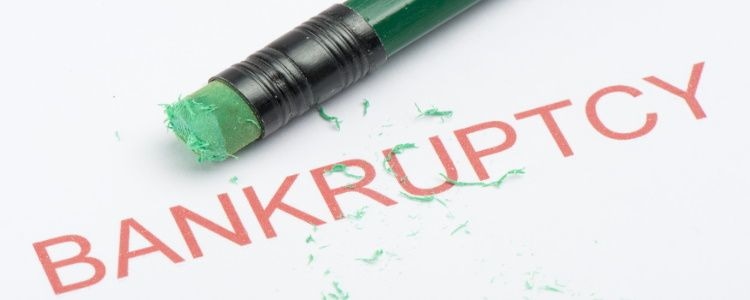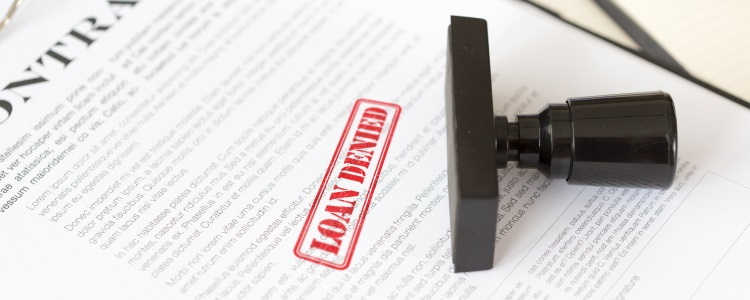When you’re applying for new credit but you’ve never borrowed before, a lot of terminology can be thrown at you all at once. Don’t worry! We’re here to explain the basics and how your “time in the bureau” can impact your ability to take on new credit like car loans.
Time in the Bureau Definition
 When someone says that you don’t have a lot of “time in the bureau,” they’re talking about your lack of credit history on your credit reports. The bureau meaning the major credit reporting agencies: TransUnion, Experian, and Equifax. The big three credit bureaus compile credit reports about you that contain information on how you’ve handled repaying borrowed money.
When someone says that you don’t have a lot of “time in the bureau,” they’re talking about your lack of credit history on your credit reports. The bureau meaning the major credit reporting agencies: TransUnion, Experian, and Equifax. The big three credit bureaus compile credit reports about you that contain information on how you’ve handled repaying borrowed money.
Lenders request (or pull) these credit reports to see your credit history, and use this information to judge whether or not you qualify for credit. Your credit score, on the other hand, serves as a quick snapshot of your credit reports. Your FICO credit score is most commonly referenced by lenders, and it’s expressed as a three-digit number from 300 to 850 – the higher the better.
When you don’t have any time in the bureau, it’s also called having a thin credit file. If you’ve never taken on any credit before, you’re likely to also be labeled a no credit borrower or a credit ghost. With little to no credit history, it can be hard to break into your first auto loan.
How No Credit Impacts Your Car Buying Power
No credit borrowers can run into issues getting approved for their first line of credit, which is usually a credit card or a car loan. When you don’t have a lot of time in the bureau, it means that you also don’t have proof that you can manage credit. For a lender, this is a little risky, and means you’re likely to qualify for higher interest rates, or to simply get turned down for an auto loan.
Car loans can be a great way to establish time in the bureau, as it creates a payment history that typically lasts a few years. Auto loans are installment loans, which you pay back in fixed payments over a period of time, usually with interest. Borrowers with lower credit scores are generally assigned higher interest rates, and no credit borrowers can be charged more, too.
Getting into that first car loan can be difficult if you don’t have a cosigner to help you out, but special financing could be the answer.
Special Financing and No Credit
Many traditional auto lenders have credit score requirements that no credit borrowers may fall short of. Special financing, however, takes more factors into consideration than just your credit score in order to determine your ability to take on a car loan.
They typically look at your income, living stability, work history, how much disposable income you have overall, and more before they make a decision on if you can handle vehicle financing.
Special financing is done with subprime lenders – third-party auto lenders that are signed up with a dealership’s special finance department. If you qualify for financing, you and the dealer’s special finance manager work out the details of your next car.
Bad Credit Car Dealerships
Subprime lenders usually assist borrowers in many types of unique credit situations, including those without a lot of time in the bureau. Having no credit typically leads to a lower credit score, and many traditional auto lenders are hesitant to approve brand-new borrowers.
To improve your chances of approval, even with a lower credit score, applying with a subprime lender could be the break you need. Finding a dealership with the no credit lending options you need can be hassle-free if you work with Auto Credit Express.
We’ve created a network of special finance dealers all over the country, and we match borrowers to them at no cost. Get started right now by filling out our car loan request form, and we’ll look for a bad credit car dealership near you!
















